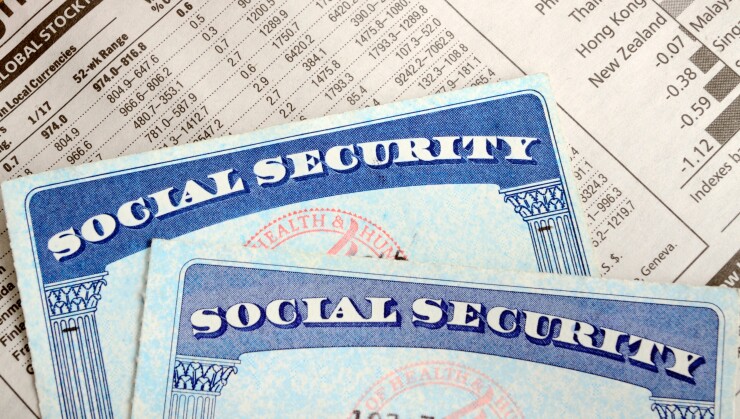
Back in 2018 my phone rang. The person on the other end claimed to be a veteran whose benefits had been stolen — to the tune of thousands of dollars — and Comerica, the bank contracted to resolve such disputes, would do nothing to make the caller whole. That caller then put me in touch with several other beneficiaries who had the same experience, and I knew exactly what to do: hand the story off to American Banker reporter Kate Berry.
Berry's story
What was harder to understand is why Comerica was seemingly so indifferent to these instances of fraud — though, to its credit, the company discontinued the Cardless Benefit Access Service that was the root of the scam — and how muted the public reaction was. Sen. Elizabeth Warren, D-Mass.,
Now we have news out today — from
If I can indulge in a moment of righteous indignation, the way this program has been handled is disgraceful and fills me with the kind of rage I typically reserve for people who don't clean up after their dogs or who won't let you merge onto the highway. There is no inherent reason why a program like Direct Express has to be run so poorly — the effort put into the implementation of a program that sucks could just as easily be put into a program that works. But it seems that implementing a slapdash, corner-cutting enterprise saves Comerica a couple of bucks, and the company can get away with it because no one cares about the people it harms.
It should be noted that Comerica has made quite a bit of money off this contract — something like $770 million in gross revenue over a six-year period. That's to say nothing of the $3 billion per month in deposits that the bank gets from the Treasury that it can then leverage into more profitable loans. That is nothing to sneeze at, and it seems the bank isn't really concerned about the Treasury changing its mind or another bank coming along and taking the contract away from them.
It's also worth saying that the concept of the Treasury issuing a debit card to unbanked beneficiaries and partnering with a bank to make that happen makes sense —
Comerica makes millions implementing Direct Express. Many of the beneficiaries it is designed to help have to figure out how to live on $700 to $1500 a month. There are millions of people who occupy that space below the average banking customer — the sub-public, if you will — who don't have a lot of money and do have a lot of needs. Why would a bank get fat on a program that is indifferent to the theft of what little the sub-public has?
That last part is easy — because it can.






